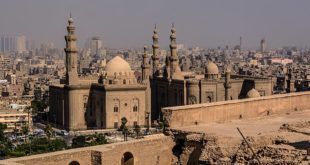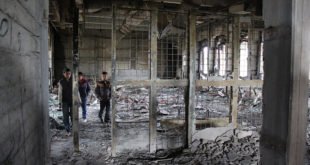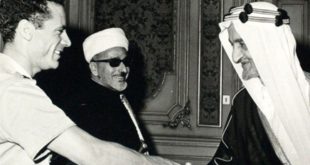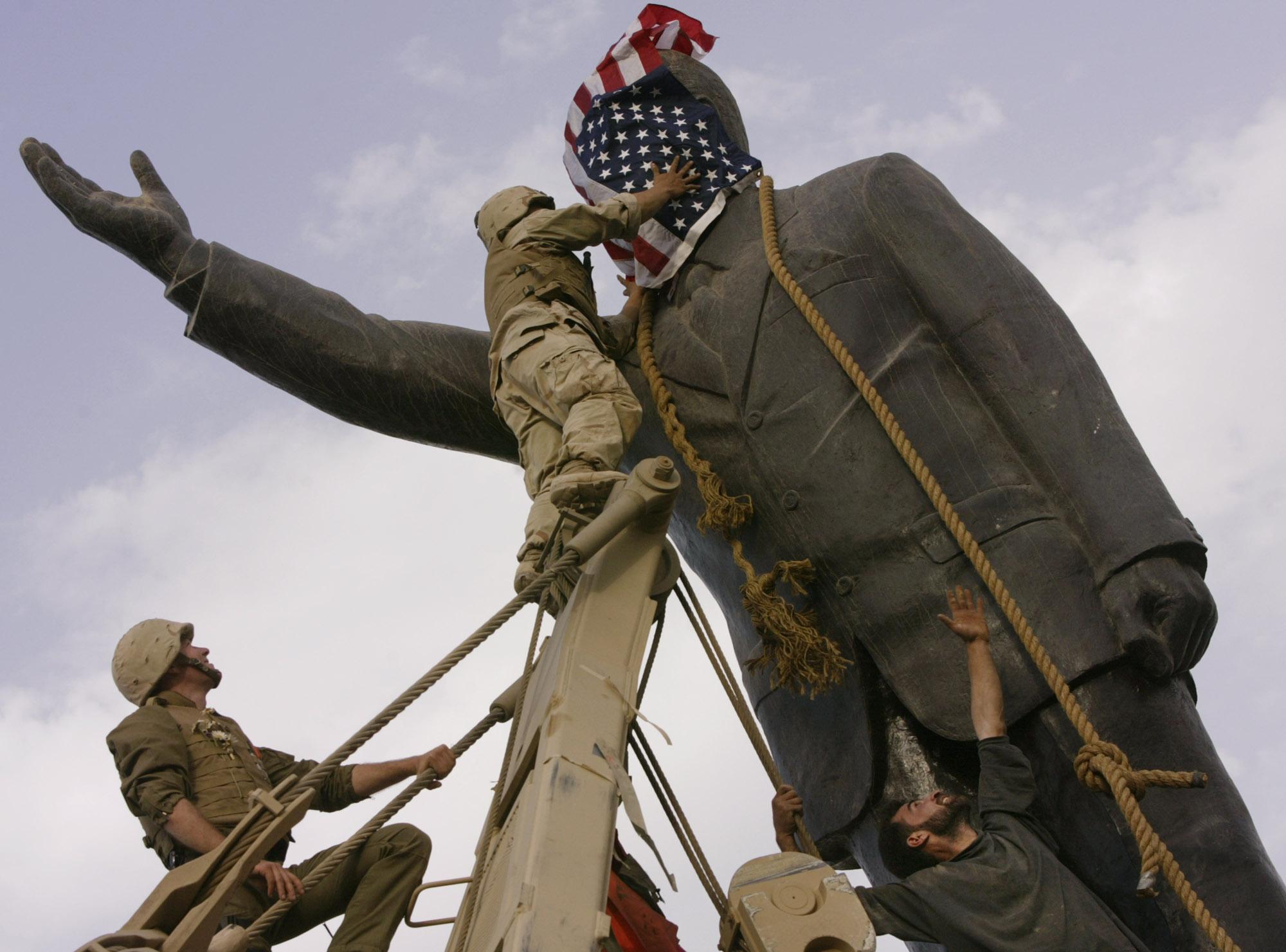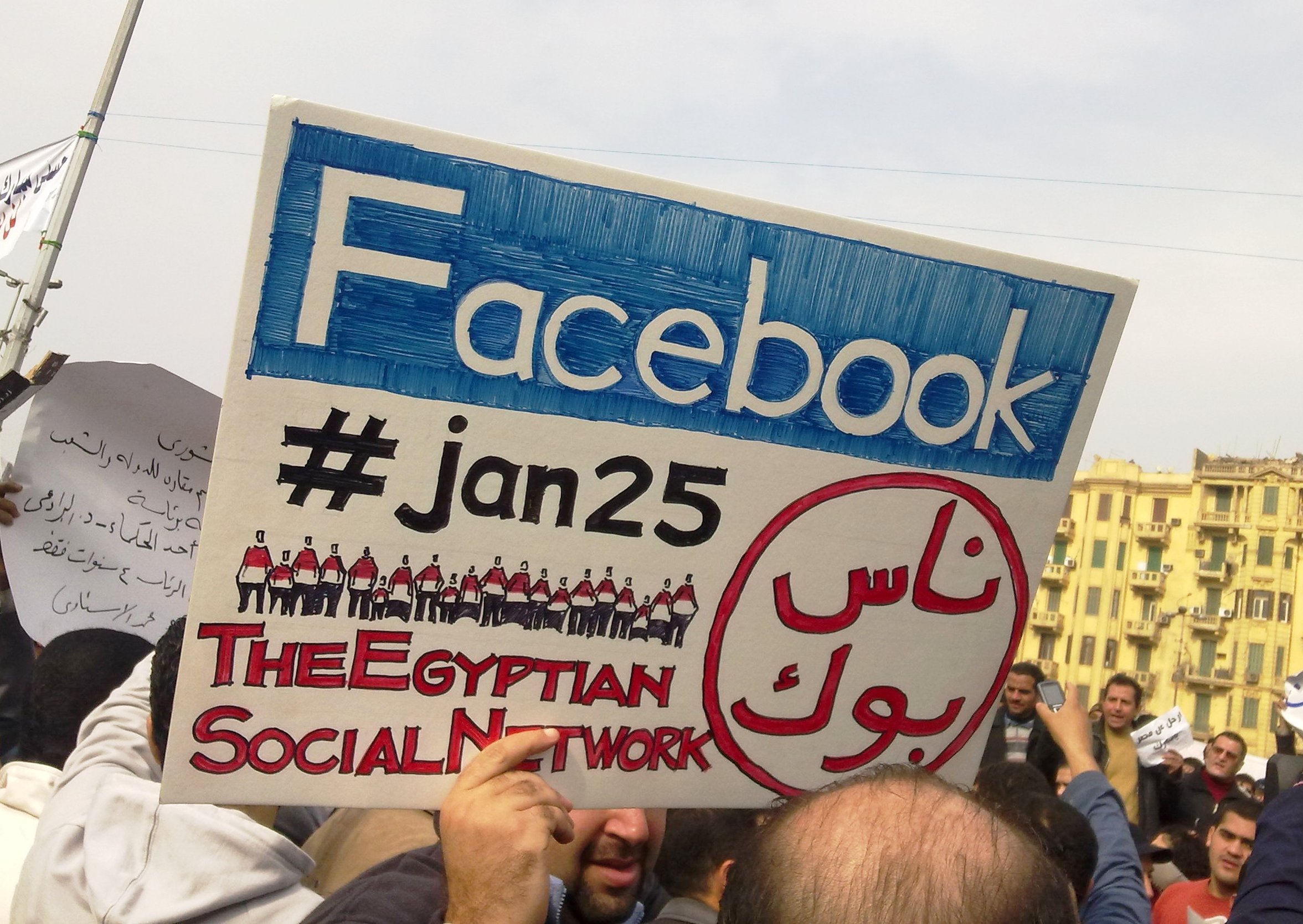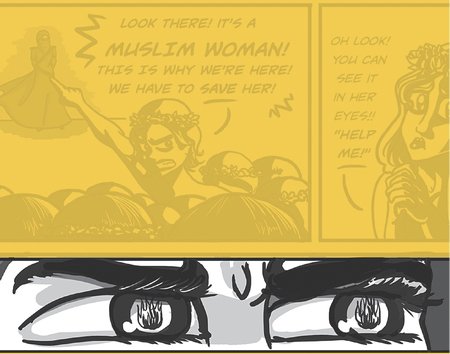The impacts of new media have long fascinated scholars of contemporary Muslim societies. Beginning from the premise that new media configurations portend the “fragmentation” of religious authority (Eickelman and Anderson 1999; Anderson 2003), such works often display a curious mix of euphoria and anxiety about the “democratizing” potential of new …
Read More »BOOK REVIEW | Young People and the Future of News: Social Media and the Rise of Connective Journalism
What do school reform, presidential elections, LGBTQ rights, globalization, police brutality, and a Boston casino have in common:? They have all been the impetus behind youth participating, communicating, and practicing forms of connective journalism in the United States. This, in brief, is the main argument Lynn Clark and Regina Marchi …
Read More »Filling in the Blanks: New book dives into the tragedy and complexity of post-Gadhafi Libya
Since the uprisings that spread across the Arab region took hold in Libya in 2011 and forced the removal of longtime ruler Muammar al-Gadhafi, the country’s fortunes have spiraled downwards. Despite an unsustainable system of governance, Gadhafi’s harsh rule had maintained relative stability in a country with a history of …
Read More »Book Excerpt | The Burning Shores
In September 2015, I traveled back to Benghazi. I wanted to see what had happened to the city since the launch of Operation Dignity and why the fighting had been so protracted. I came in through a northern suburb called Kuwayfia, the only route open. Filled with date palms and …
Read More »Islam and Saudi Foreign Policy
The following is an excerpt from Andrew Hammond's chapter "Producing Salafism: From Invented Tradition to State Agitprop" in the volume Salman's Legacy, edited by Madawi Al-Rasheed and published by Hurst (2018). Saudi foreign policy did not begin to play with Islamic themes until the 1960s. Wary of any scheme of meaningful …
Read More »BOOK REVIEW | As Terrorism Evolves
Seib, P. (2017). As Terrorism Evolves: Media, Religion and Governance. Cambridge, U.K.: Cambridge University Press. USC journalism professor Philip Seib has done a great service for those who follow media-driven events connected with terrorism inspired by Middle East- and Africa-based terror groups that have, for many, become household names, such …
Read More »BOOK REVIEW | The News Media at War: The Clash of Western and Arab Networks in the Middle East
News organizations are tested in many ways during war. Journalists covering combat must be knowledgeable and possess courage and resilience. Executives must commit the necessary resources, financial and other, to ensure comprehensive coverage. Editors and producers must familiarize themselves with the political and cultural background of the conflict to ensure …
Read More »BOOK EXCERPT | Online Activism in the Middle East: Political Power and Authoritarian Governments from Egypt to Kuwait
25 January—Tahrir Square Freedom—Facebook Does the Internet facilitate social and political change, or even democratization, in the Middle East? The subject of this inquiry is the use of online platforms among activists in the Middle East, and the importance of such platforms in effecting change. The topic has received wide …
Read More »REVIEW | Islam for Journalists (And Everyone Else)
Most American journalists probably know little about covering Islam accurately, fairly, ethically and contextually amid rising levels of xenophobia, hate speech and “fake news” in the U.S., but help is on the way. In 1980, I arrived in Beirut as CBS News Middle East correspondent. My qualifications for covering this complex …
Read More »BOOK EXCERPT | Creative Insurgency in The Naked Blogger of Cairo
In the wake of the Arab uprisings, journalists, activists, and scholars coupled creative with revolution (or dissent, protest, resistance) to describe political graffiti, rap, art, and video. Distinguished institutions, from the Prince Claus Fund of the Netherlands to the Arab American National Museum in Dearborn, Michigan, lend the concept gravitas. …
Read More » Arab Media & Society The Arab Media Hub
Arab Media & Society The Arab Media Hub
